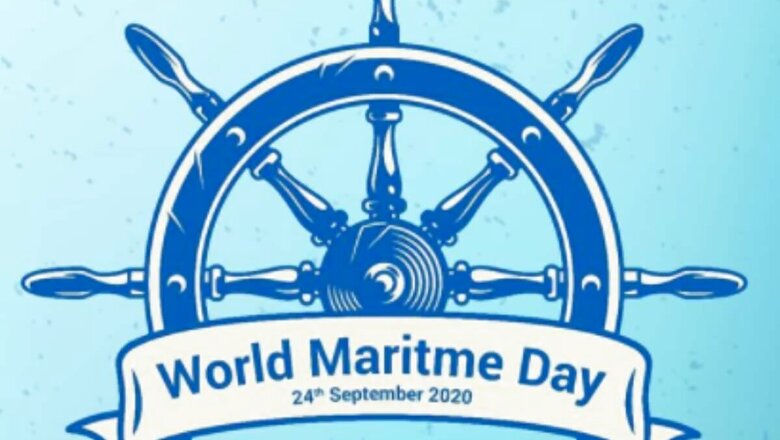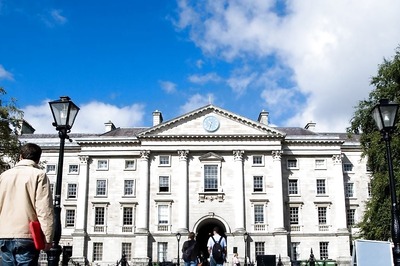
views
September 24 is famously celebrated as World Maritime Day, and this year the United Nations has adopted the theme of “Sustainable shipping for a sustainable planet”. The theme has been chosen to raise awareness of the UN’s Sustainable Development Goals (SDGs) and to showcase the work that the International Maritime Organization (IMO) and its Member States are undertaking to achieve the targets.
Every year, the International Maritime Organisation picks a theme relevant to the sea faring community worldwide. The IMO was formally established after an international conference in Geneva in 1958 adopted a convention. IMO is a specialized UN agency that develops and maintains a comprehensive regulatory framework for shipping.
The first World Maritime Day was celebrated on March 17, 1978 to mark the establishing of the IMO Convention in 1958. Initially, the organization had 21 member states. However, now it has about 167 member states and three associate members. The membership includes virtually all the nations of the world with an interest in maritime affairs. These include those involved in the shipping industry and coastal states with an interest in protecting their maritime environment.
IMO was made responsible for ensuring that previous conventions like Convention for the Safety of Life at Sea of 1948, the International Convention for the Prevention of Pollution of the Sea by Oil of 1954 and treaties dealing with load lines and the prevention of collisions at sea were kept up to date. It was also asked to develop new conventions as and when the need arose. The organisation is now responsible for more than 50 international conventions and agreements and has adopted numerous protocols and amendments.
This year, the theme adopted was in view of the COVID-19 pandemic and how shipping has emerged as the most reliable, efficient and cost-effective method of transporting goods internationally. IMO Secretary-General Kitack Lim in his World Maritime Day message said, “shipping remains the leading facilitator of the global economy, carrying more than 80% of global trade.”



















Comments
0 comment